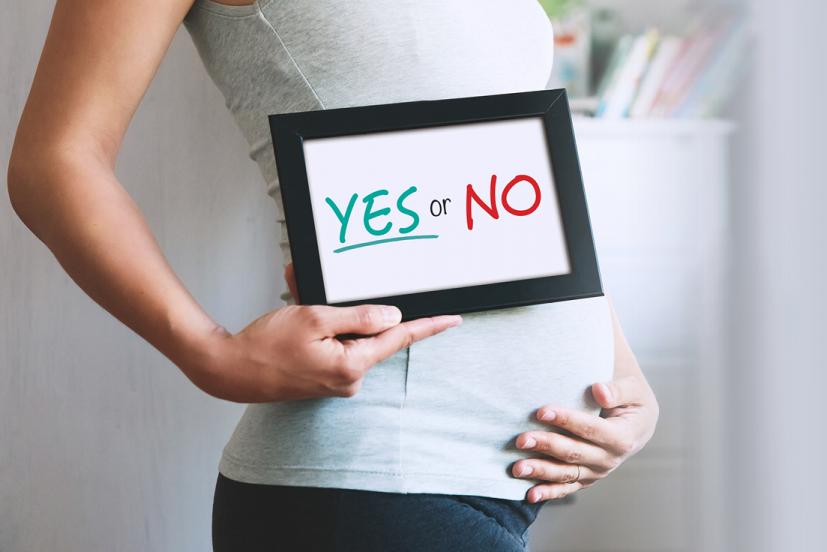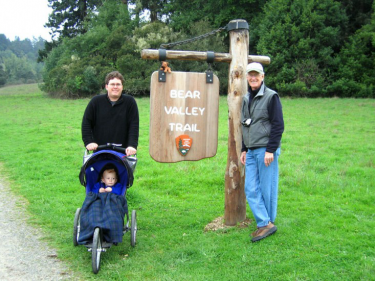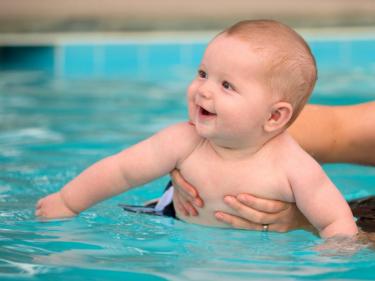Your Pregnancy - What to Avoid and Why

Marin Mommies presents a sponsored article from MarinHealth Medical Center in Greenbrae.
Medical science has progressed quite a bit since your grandmother’s day, when some pregnant women relaxed with a martini and a smoke, while others subsisted on celery and carrots to avoid weight gain. By the time your mother was expecting you, women knew that cigarettes, alcohol, and poor food choices were not good for them — not to mention their growing babies! But there is still a certain amount of confusion about what to avoid during pregnancy and why.
Exercise
Exercise can help you get better sleep, avoid excess weight gain, and brighten your mood. Just a few caveats:
- If you have a high-risk pregnancy, consult with your doctor about whether and how to exercise.
- If you didn’t exercise before you became pregnant, this is no time to start training for a triathlon. Ask your doctor about incorporating a gentle fitness routine into your day.
- Respect your changing body. Ask your doctor if you should make any modifications as you move into your second and third trimesters.
Yoga
Yoga is beneficial both physically and emotionally, as long as you avoid heated yoga. Your instructor can suggest modifications for twists and poses that require lying on your stomach. Avoid doing headstands and handstands until after you have your baby, when your center of gravity is back to normal.
Seafood
Sorry, no sushi! Raw fish and raw oysters can expose you and your baby to bacteria, parasites, and high levels of mercury. Avoid shark, swordfish, tile fish, mackerel, and tuna, all of which contain more mercury. Skip the smoked salmon, which can cause food-borne illnesses. Seafood is rich in vitamins and minerals so enjoy it in moderation–no more than 12 ounces a week.
Meat
Make sure all eggs and meat are thoroughly cooked to avoid the risk of listeriosis and toxoplasmosis, conditions that can cause serious illness, severe birth defects and even miscarriage. Don’t eat cured meats, charcuterie, or sausages. These foods are high in sodium and can also cause foodborne illnesses such as salmonella and e-coli.
Dairy Products
Don’t eat raw milk products–unpasteurized milk may contain the dangerous Listeria bacteria. Cheese and yogurt made from pasteurized milk are excellent sources of calcium for you and your baby.
Produce
Wash and peel fresh produce and avoid buying pre-cut fruits and vegetables. Pay attention to recalls of produce and other foods.

Sex
Sex is safe until your water breaks. If you have a high-risk pregnancy, ask your doctor whether you can safely have sex.
Flu and COVID Shots
Our physicians recommend getting both the flu and COVID vaccines. Pregnant women who get the flu are at greater risk for pneumonia, miscarriage, premature birth, low birth weight, and even birth defects. The COVID vaccine is considerably safer than getting actual COVID. Pregnancy depresses the immune system, making you more vulnerable to infectious agents. Pregnant women are more likely to require hospitalization and mechanical ventilation as a consequence of COVID. There is also data that shows if a pregnant woman receives a booster during pregnancy, her baby is less likely to get COVID after birth. Even if that baby does get COVID, they are less likely to need hospitalization.
Going to the Dentist
The belief that an oral cleaning poses a risk of infection during pregnancy has been debunked. There is no reason to skip your checkup or postpone dental work.
Smoking
Studies show that babies born to mothers who smoked during pregnancy have a lower birth rate and are at a greater risk for learning disabilities. There is also data that shows that marijuana can have adverse effects on your pregnancy and developing baby.
Alcohol
Babies of mothers who drink during pregnancy are at risk for fetal alcohol syndrome (FAS), a life-long condition that limits human potential. The safest choice is not to drink any alcohol during your pregnancy.
Hot tubs, saunas, and steam rooms
Like heated yoga, hot tubs, saunas, and steam rooms raise your body temperature. This could increase your baby’s risk for birth defects and double your risk of a first trimester miscarriage.
Caffeine
Current research indicates that women can safely consume one or two cups of coffee a day. Caffeine can travel through the placenta and increase your baby’s heart rate so avoid extra cups or added shots of espresso.
Cats
Wash your hands after petting your cat and get someone else to clean the litter box. Cat waste is full of bacteria and parasites, including Toxoplasma gondii, which can cause miscarriage, stillbirth, and seizure disorders and mental disabilities in babies.
Hair Dye
Most research indicates the chemicals found in both semi-permanent and permanent dyes are safe to use during pregnancy. The amount of hair dye absorbed by the skin is minimal and not likely to harm or even reach the fetus.
If you are concerned about any changes in your body or are experiencing any unusual symptoms, never hesitate to call your healthcare provider! Don’t have a provider yet? Click here for a list of MarinHealth® OBGYNs and midwives.





